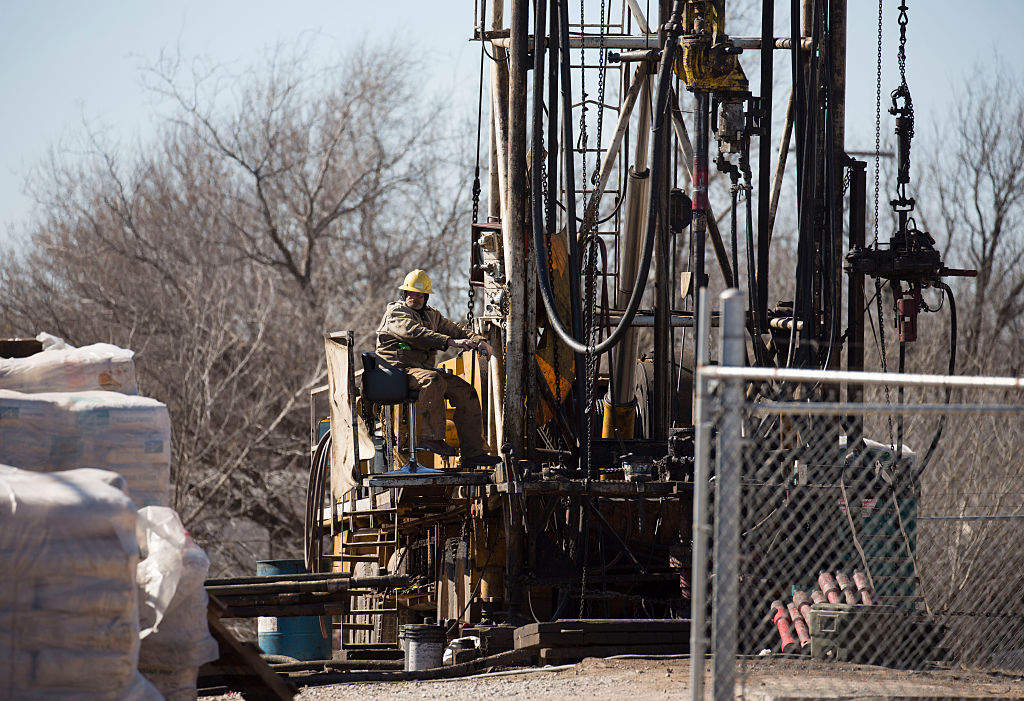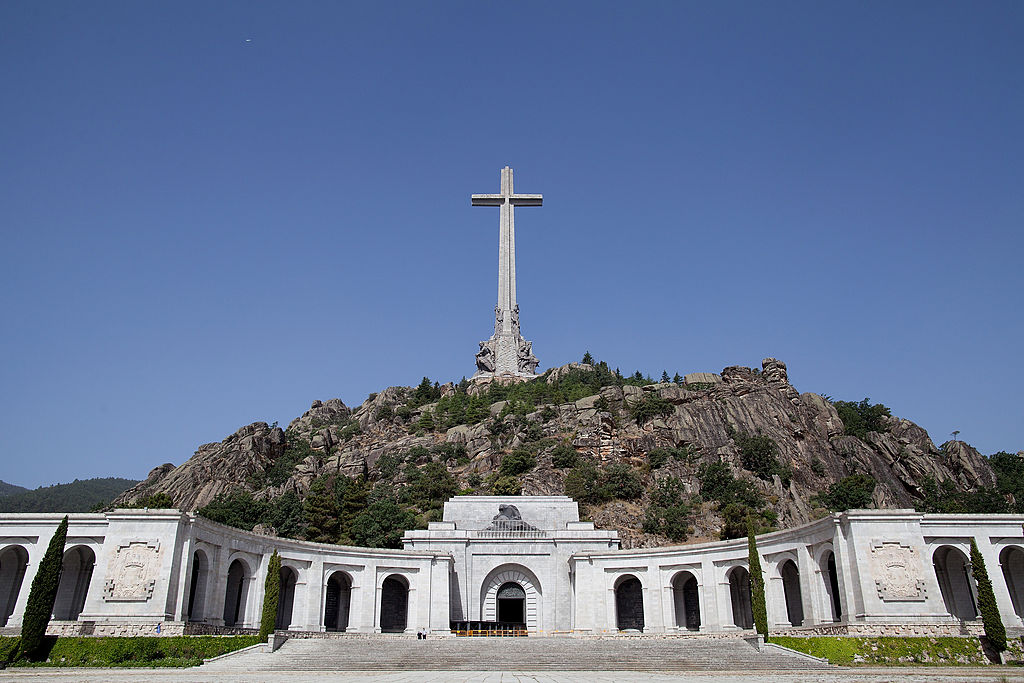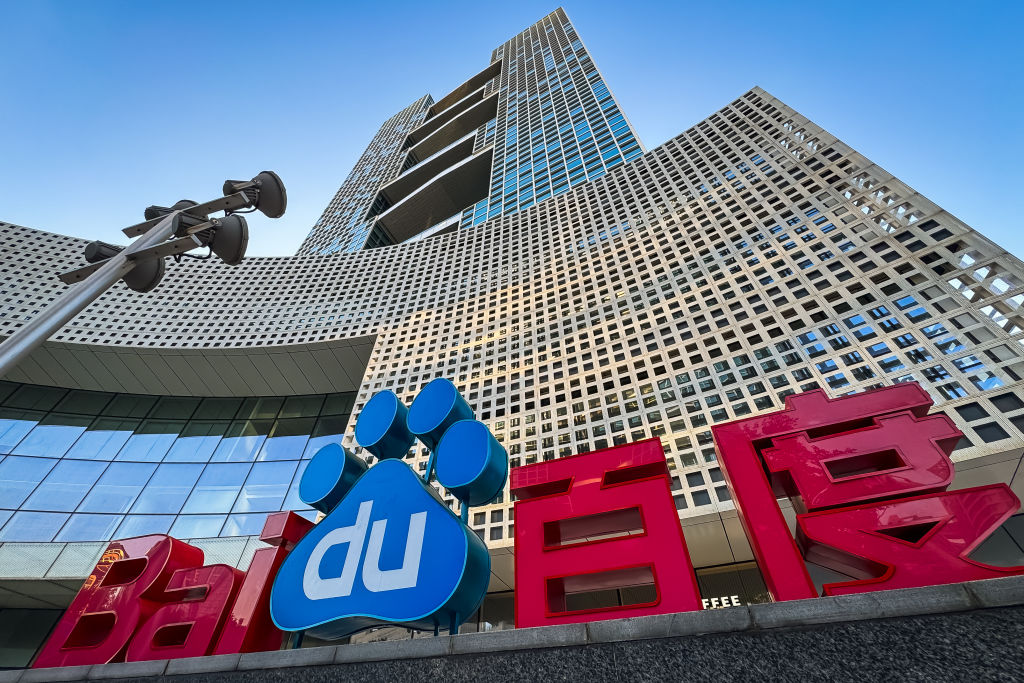The Middle East is on fire. As Israel strikes Iran and Tehran responds, Europe, too, will pay the price.
Brent went up by 7 per cent — and, at times, by as much as 12 per cent —immediately after news broke out of the Jewish state launching a daring surprise offensive on Iran.
At the time of writing, it was at $73 per barrel. With damage on Iran’s energy infrastructure mounting and the rising threat of navigation disruptions in the Gulf, it will likely be going over triple digits over the next couple of weeks.
That is a grim omen for Europe. The continent is already on the brink of recession.
Germany might face another year of economic contraction or, in a best case scenario, only very timid growth. The new oil shock finds Europe’s factories faltering and its households facing bills that mock their wages even as its leaders fumble in the dark.
The EU’s energy policy, a tapestry of green fantasies, coal puritanism, and sanctimonious sanctions on Russia’s hydrocarbons, is not just a gigantic blunder. In a world unravelling into chaos, it is a self- imposed noose around Europe’s neck.
The Middle East’s fires are no passing squall. This is no repetition of last year’s Iran-Israel exchanges. This time around, it is war — both countries have imposed unacceptable costs on the other.
Israel has killed a vast chunk of Iran’s military leadership, including its Armed Forces Chief of Staff Mohammad Bagheri, the commander-in-chief of the all-powerful Iranian Revolutionary Guard, General Hossein Salami, and a number of other officials.
Iran, meanwhile, has responded by causing devastation in Tel Aviv and other areas around Israel, piercing through the country’s vaunted ‘Iron Dome’ anti-missile system. Things are likely to get worse before they get better.
The Strait of Hormuz, artery for a fifth of the world’s oil, teeters on the edge of blockade. Should Iran’s leadership find itself under too much pressure, that is the “nuclear option” it has at its disposal.
Should the conflict escalate further — say, if Tehran attempted to pressure the West into restraining Israel by attacking oil production facilities in the Gulf monarchies, an improbable, albeit possible, scenario — oil might well touch $200 per barrel or more.
Germany’s industrial behemoths, still reeling from the great 2022 gas famine, face mass lay-offs; France’s pensioners, already squeezed, may soon shiver through winter as gas prices, too, explode.
Indeed, the Organisation for Economic Co-operation and Development (OECD) warns that a prolonged Middle East conflict could triple LNG costs, a death knell for a continent where 45 per cent of gas now hinges on volatile tankers.
Still recovering from high inflation in recent years, Europe is threatened by a new inflationary spiral that no central bank can tame.
What Europe’s leaders have refused to understand is that this world disorder, as Kissinger called it, is no hiccup — it is a new, permanent state of affairs. America’s unipolar moment is now well and truly shattered, replaced by a multipolar system where energy and vulnerable supply lines are one of many factors of inter-state competition.
The Red Sea, harried by Yemeni drones, the Persian Gulf or, should tensions in East Asia explode, the South China Sea all scream a truth Brussels refuses to hear: In today’s world, economic dependence is not just a flaw. It is a fatal wound.
To gamble Europe’s future on distant suppliers or contested seas is to invite not just economic ruin but social upheaval. Last years’ farmer protests, like the Gilets Jaunes protests in France, six years ago, all give a glimpse of what a winter of blackouts could ignite. Sovereignty isn’t just about prosperity — it’s increasingly about internal stability, too.
Yet Europe’s elites still insist on peddling a policy of self-destruction. The Green Deal demands a fossil-fuel purge before renewables can shoulder the load. However, solar panels and windmills power just 22 per cent of Europe’s grids. Worst of all, sanctions on Russian oil and gas, zealously imposed on the country after the invasion of Ukraine three years ago, have kneecapped Europe’s economies while failing to impose any clear costs on Moscow itself — far from it, at 4.1 per cent Russia achieved Europe’s fastest GDP growth in 2024, behind only tiny Malta. It was Europe that paid dearly for the sanctions frenzy.
The EU now pays $100 billion-150 billion annually for American and Gulf LNG compared to the $25 billion to $50 billion it used to pay Moscow. Meanwhile, Russia sells to India and China, its war chest fatter than ever. The wreckage of the Nord Stream pipelines now rusts beneath the Baltic as a fitting tribute to the ineptitude and amateurism of the continent’s political leadership.
For Europe, getting out of the present situation demands a healthy sense of urgency.
First, Europe must resurrect nuclear power with the zeal of a nation at war. In this regard, France shames Germany’s dogmatic, Green-led crusade against nuclear power. Small modular reactors offer new options for European nations. Likely deployable by as early as 2035, they could slash energy costs by a third, per the World Nuclear Association.
Second, coal must, at least for now, endure as a lifeline. Hastening its demise before nuclear and renewables mature is not progress — it is self-sabotage at a time of extreme geopolitical danger. As silly as it was for Berlin to kill its nuclear energy sector, reigniting its coal plants was a rare instance of wisdom.
Third, and perhaps, most heretically, Europe must end its sanctions on Russian hydrocarbons. This would not be a surrender. It would be about sanity and self-preservation.
With 15 per cent of global oil and 20 per cent of the world’s gas, Russia is an energy titan that no boycott can break. This is an indisputable fact: It is not a matter for interpretation or a mere possibility, but the actual, confirmed reality of three years of a catastrophically unsuccessful sanction regime. Indeed, the measures have, if anything, been pro-Russian. They have enriched Moscow while impoverishing Europe, with German GDP falling since 2022, thereby tilting the regional balance of power in Russia’s favour — not against it.
Reviving Turkish Stream or rebuilding Nord Stream could halve energy bills, revive industries, and shield citizens from destitution. The alternative — doubling down on Qatari gas or Arctic LNG — invites corporate exodus to Asia, where energy is cheap and geopolitics ruthless.
Although anti-Russian in name, the sanctions have been anti-European in practice. Europeans shouldn’t get rid of them as a handout to Putin, but as a favour to themselves. Hungary’s Prime Minister Viktor Orbán has said this time and again. And he is right.
But what Europe really needs to do is face a deeply unpleasant truth: Its industrial base is bleeding out. BASF and Volkswagen are eying relocation to China while Siemens, together with countless other corporations, mulls US shores. Without cheap energy, Europe risks becoming a museum of past glories — poor, depressed, and powerless. The Middle East’s chaos is a warning of things to come, not an anomaly. A Taiwan crisis or Arctic standoff could choke Europe’s lifelines tomorrow.
Drunk on their own rhetoric, Europe’s leaders must now sober up. If the continent is to survive the coming storm, it will require more sanity and less ideology. To spurn nuclear or keep the self-imposed prohibition on accessing the cheap Russian energy that is now boosting Chinese industry is to consign the continent to irrelevance. It’s time for us to wake up.





Cooler heads in Middle East know Hamas must be removed